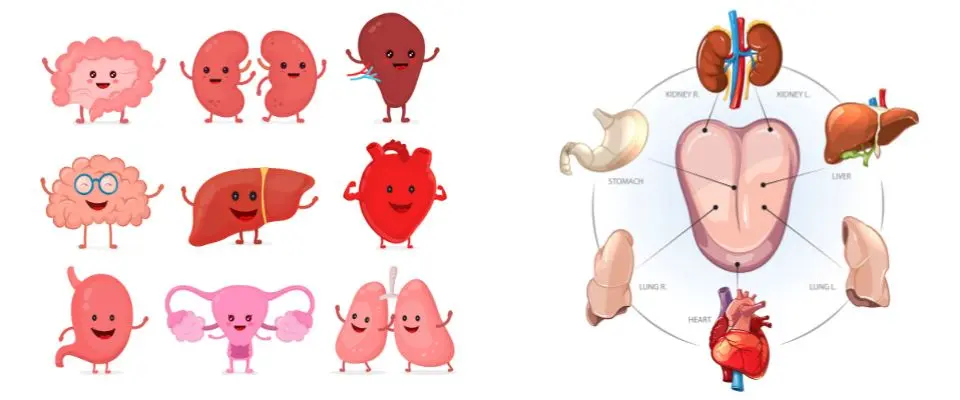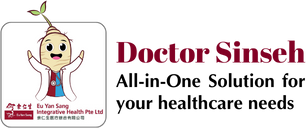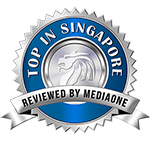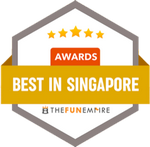
Traditional Chinese Medicine (TCM) is an ancient art of healing and an increasingly accepted practice around the world. Rooted in the ancient philosophy of Taoism, TCM dates back to more than 2,500 years ago.
Here is a quick guide on the meanings behind commonly used TCM words.
Five Elements
The 5 elements are: wood, fire, earth, metal and water. Each has a specific characteristic as illustrated below:

| Qi |  |
A person’s vital life force, it is the source of energy flow in one’s body. If the qi is up and running, everything is in harmony. If the qi is weak or imbalance, illness and disease will occur. |
| Meridian Systems |  |
The body has 12 principal meridian channels, and its primary focus is to carry and distribute qi, body fluids and blood to every part of the body. Meridians do not have anatomical structures. Along these 12 channels, lie acupoints. There are approximately 365 acupuncture points. Each point belongs to a particular meridian channel that connects to specific organs. |
| Yin vs. Yang |  |
TCM considers the world as a single unit and its movement gives rise to yin and yang. The two opposing yet interdependent forces must maintain balance, and one cannot dominate the other. It is a concept used to diagnose patterns of disharmony and determine treatments to restore balance. |
The 5 Organs
 |
The Liver System Role: Regulates the qi movement throughout the body. Function: The Liver stores sufficient blood, boosts the digestive functions of the Spleen, nourishes the eyes from blood stored in the Liver and ensures proper movement of tendons preventing symptoms like spasms, numbness of limbs and difficulty bending or stretching. |
 |
The Spleen System Role: Assists with digestion, governs blood flow and fluid metabolism in the body. Function: Transform food into essence used for qi and blood transformation. Our spleen’s health is reflected in lips, mouth and movement of the limbs and muscles. |
 |
The Lung System Role: Regulars qi movement necessary for blood circulation, fluid metabolism, the autonomic nervous system and the immune system. Function: Controls the circulation of qi and blood to moisten skin and body hair. When these functions are weakened, skin and hair become dull, rough and dry. |
 |
The Heart System Role: Regulates the cardiovascular system while maintaining the nervous system’s functions. Qi from a health heart maintains an efficient blood flow in the blood vessels. Function: The heart stores the “spirit”, an individual’s vitality. This ensures optimum mental, cognitive and intellectual abilities. |
 |
The Kidney System Role: Regulates the urinary system, controls the reproductive and nervous systems. Function: The kidney stores ‘Jing’, an essential substance for bone growth, closely associated with life. Dental problems, hair loss, immature hair greying, hearing problems and urinary tract disorders are all signs of disharmony in the kidney system. |
| Acupuncture |  |
It is a physical treatment that uses hair-thin needles at specific points on the body. Acupuncture helps to restore balance, clear blockage within the meridians and strengthens qi. It is commonly used in pain management, arthritis, depression, allergic rhinitis and other health issues. |
| Cupping |  |
It is a physical treatment that uses glass or bamboo cups that are warmed to create a partial vacuum, so that a suction force can be created on the skin’s surface. Cupping helps to activate the lymphatic system promote blood circulation and aid deep tissue repair. |
| Tuina |  |
It is a combination of massage, acupressure and other forms of body manipulation by applying pressure to acupoints, Meridians and groups of muscles or nerves to remove blockages that prevent the free flow or circulation of qi and blood. |





